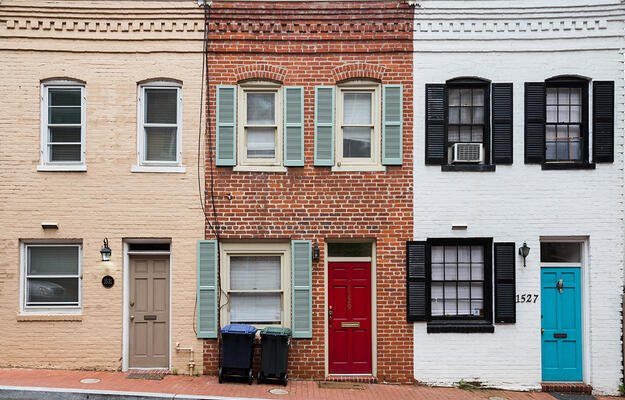
Housing Instability Presents Barriers to HIV Treatment
- Title:
- Housing Instability Presents Barriers to HIV Treatment
- Author:
-
Angela A. Aidala, PhD, Michael G. Wilson, PhD, Virginia Shubert, JD, David Gogolishvili, MPH, Jason Globerman, MSc, Sergio Rueda, PhD, Anne K. Bozack, MPH, Maria Caban, PhD, MA, and Sean B. Rourke, PhD
- Source:
-
American Journal of Public Health
- Publication Date:
-
2016
Housing instability and homelessness among those living with HIV creates “a significant barrier to consistent and appropriate HIV medical care, access and adherence to antiretroviral medications, sustained viral suppression, and risk of forward transmission," according to a group of authors in the American Journal of Public Health. Surveying all available literature in eight health and social science databases from 1996 to 2014, this report synthesizes the results from 152 studies that examined housing status in relation to health-related outcomes for people with HIV in high-income countries. Many of these studies share similar findings, allowing the report’s authors to draw conclusions supported by multiple articles.
Major findings:
- Homelessness for those living with HIV decreases adherence to antiretroviral plans, increases the risk of premature death, and negatively affects people’s mental health and quality of life.
- HIV-positive people with unstable housing are more likely than those with stable housing to need care from hospitals’ emergency departments and inpatient care, suggesting weaknesses in chronic care management and unnecessarily high health care costs.
- Stable housing decreases the prevalence of risky behaviors (among those with HIV) that can lead to the transmission of the disease.


